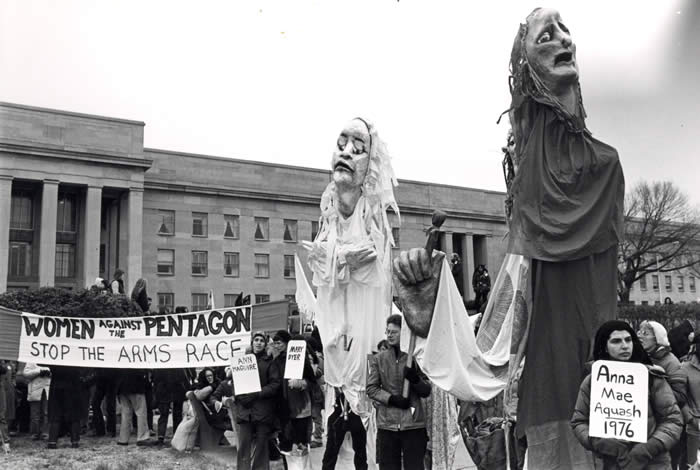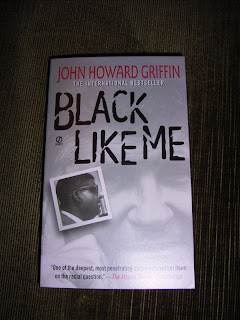
This selection emphasized how sneaky and seductive U.S militarization can be in our society. Aspects of this are showing up in all corners of modern culture. It doesn't help that since September 11th, not showing support of the military has been seen as unpatriotic and disloyal. In fact, it is this increased militarization of our culture that largely allowed George W. Bush to go to war in the first place. This cultural militarization has made war seem patriotic, romantic, and has even inspired a sense of security in our society. Evidence of militarization can be seen in most aspects of culture today. In high schools all over the nation, ROTC, Marines, Air Force, and Navy representatives are allowed to station booths in lunch rooms in order to advertise the benefits of joining to young, impressionable teens. In colleges, many students pursue degrees in military weaponry and in weapons engineering. Exposing kids at young ages to the benefits of militarization instills this distorted sense of patriotism at a young age.






.jpg)














